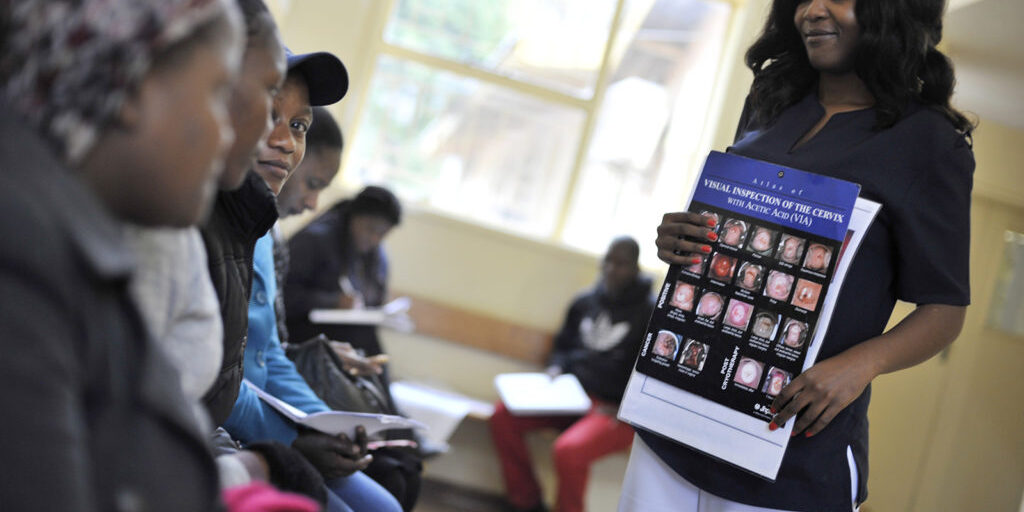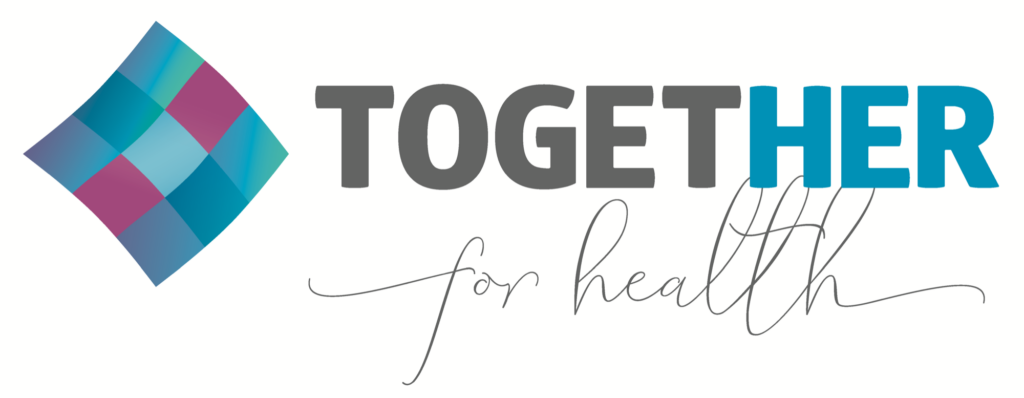The Global Burden of Cervical Cancer
Cervical cancer is a health crisis impacting women and their families across the world – especially in low-resource settings. Here are the facts:
- In 2022, around 660,000 women were diagnosed with cervical cancer globally.
- Cervical cancer killed approximately 348,000 women in 2022, 90% of whom were in less-developed regions of the world, where access to prevention, screening, and treatment services are severely limited.
- Cervical cancer is the most common cancer among women in 25 countries, mainly in sub-Saharan Africa.
- Cervical cancer is the leading cause of cancer death in 37 countries.
- Cervical cancer is the fourth most common cancer in terms of both incidence and mortality in women.
- Today, more women are dying of cervical cancer than are dying in childbirth.
- The odds of dying upon progressing to cervical cancer are similar to those upon contracting Ebola.
- A woman diagnosed with cervical cancer is almost twice as likely to die than a woman diagnosed with breast cancer.
- A woman living with HIV is six times more likely to develop cervical cancer than her HIV-negative peers.
These tragic numbers are real. So are the solutions. With wider access to HPV vaccines and cervical cancer screening and treatment, we can end this global epidemic in a generation, but not nearly enough resources are available for these critical programs.
Sources for cervical cancer statistics:
Bray F, Laversanne M, Sung H, Ferlay J, Siegel RL, Soerjomataram I, Jemal A. Global cancer statistics 2022: GLOBOCAN estimates of incidence and mortality worldwide for 36 cancers in 185 countries. CA Cancer J Clin. 2024 May-Jun;74(3):229-263. doi: 10.3322/caac.21834. Epub 2024 Apr 4. PMID: 38572751.
World Health Organization. Cervical Cancer. Last updated February 22, 2022.
Global Cancer Observatory. Cervix uteri (Fact Sheet). January, 2021.
Joint United Nations Programme on HIV/AIDS. HIV and Cervical Cancer. November 2022.

TogetHER is motivated by women like the ones in this video, who are learning about cervical cancer from one of TogetHER's partners, PSI. When women understand that they are at risk but they can access services to protect themselves from cervical cancer, they are empowered to stay healthy.
